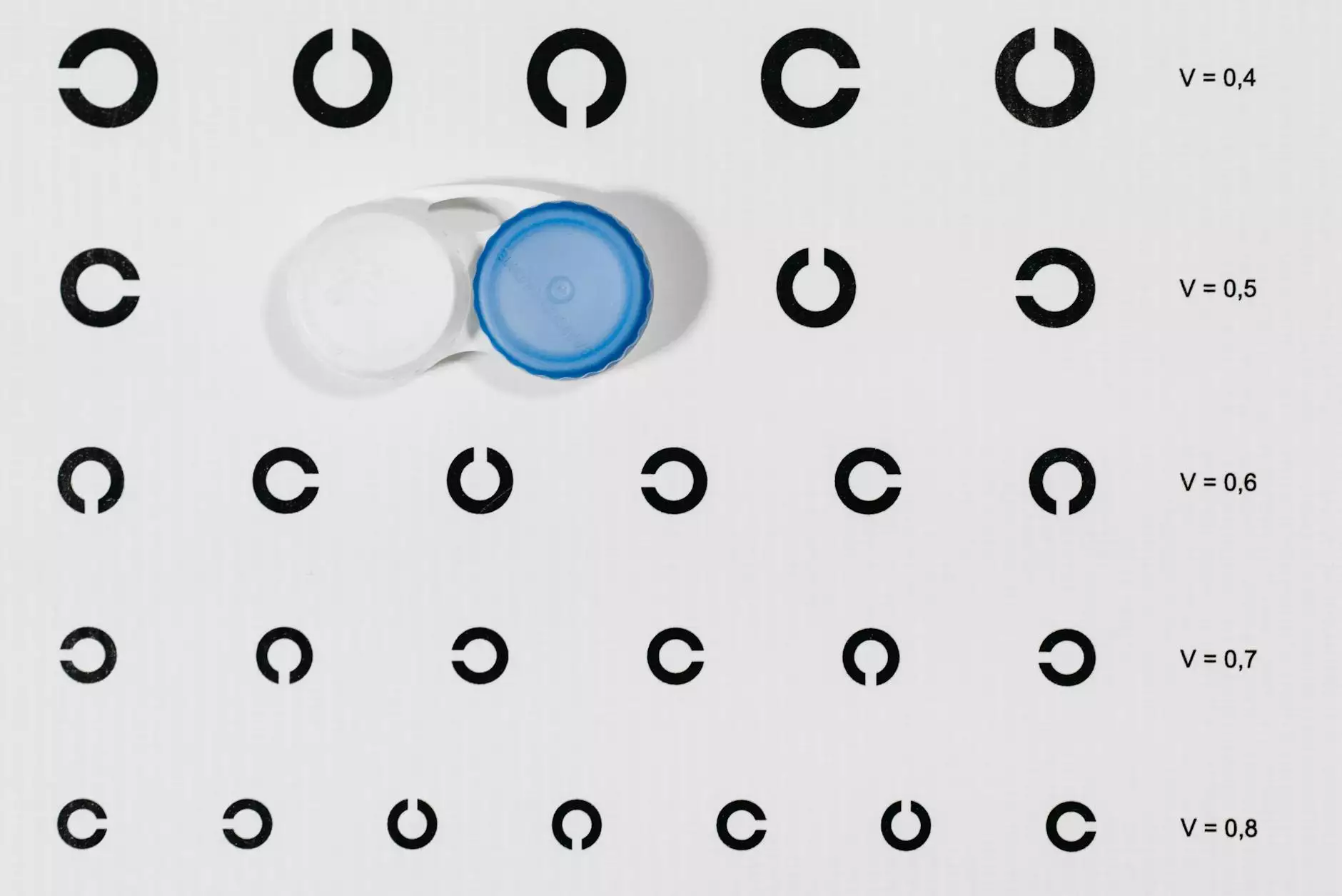The Critical Role of Oil Coolers in Diesel Engine Performance

In the realm of diesel engine parts, few components hold as much significance as the oil cooler. These vital components ensure optimal engine performance by maintaining the proper temperature of engine oil. A well-functioning oil cooler not only improves engine efficiency but also extends its lifespan, making it an indispensable part of any diesel engine.
What is an Oil Cooler?
An oil cooler is a type of heat exchanger designed to reduce the temperature of engine oil as it circulates through the engine. Just like a radiator cools the engine coolant, the oil cooler dissipates heat from the oil, ensuring that it remains within optimal operating temperatures. This cooling process is crucial as it helps in:
- Preventing Overheating: Excessive heat can cause the oil to break down, leading to reduced lubrication and increased wear on engine components.
- Improving Efficiency: Cooler oil maintains viscosity, which allows for better lubrication and less friction, enhancing overall engine performance.
- Extending Engine Life: By controlling oil temperatures, oil coolers contribute to a longer service life for the engine, reducing the frequency of costly repairs.
Why Oil Coolers are Essential for Diesel Engines
Diesel engines, known for their robust performance and efficiency, operate under high-stress conditions. This operational intensity generates significant heat, making the role of oil coolers even more critical. Here are several reasons why oil coolers are essential for diesel engines:
1. Heat Management
Effective heat management is paramount in diesel engines. The heat generated during combustion can raise the oil temperature beyond its safe operating range. Without an oil cooler, engine oil can suffer from:
- Oxidation: High temperatures accelerate the oxidation process, causing oil degradation, which impairs its ability to lubricate.
- Viscosity Breakdown: Excessive heat can lead to thinner oil, which fails to protect engine parts adequately, increasing wear and tear.
2. Enhanced Lubrication
Proper lubrication is crucial in diesel engines, where metal components face immense friction. An oil cooler aids in:
- Consistency: Maintaining a consistent oil temperature ensures proper viscosity, allowing oil to flow freely through engine parts.
- Reducing Friction: Cooler oil reduces friction between moving parts, enhancing efficiency and performance.
3. Fuel Efficiency
The efficiency of a diesel engine directly impacts fuel consumption. With a functioning oil cooler, engines can:
- Operate More Efficiently: Lower oil temperatures help engines perform better, translating to improved fuel consumption rates.
- Reduce Emissions: A cooler running engine tends to generate fewer emissions, contributing to a cleaner environment.
Types of Oil Coolers
Oil coolers come in various types, each designed to suit different engine configurations and requirements. Here’s an overview of the most common types:
1. Air-Cooled Oil Coolers
This type of cooler uses air to reduce oil temperature. It features a series of fins that dissipate heat as air passes over them. Air-cooled oil coolers are often found in applications where space and weight are considerations.
2. Liquid-Cooled Oil Coolers
Liquid-cooled oil coolers utilize engine coolant to transfer heat away from the oil. This design is typically more efficient than air coolers, making it suitable for larger diesel engines.
3. Plate and Frame Oil Coolers
These coolers consist of multiple plates stacked together to create a compact heat exchanger. They are particularly effective in applications requiring a high cooling capacity in a limited space.
Choosing the Right Oil Cooler
Selecting the appropriate oil cooler for your diesel engine requires careful consideration of several factors:
- Engine Size and Type: Ensure the cooler matches the engine specifications to optimize cooling efficiency.
- Operating Conditions: Consider the climate and environmental factors where the engine will operate, as these can influence cooling needs.
- Compatibility: Verify that the oil cooler is compatible with the existing engine system, including connections and size.
Maintenance of Oil Coolers
Regular maintenance is essential to ensure the longevity and functionality of oil coolers. Here are some maintenance tips:
1. Regular Inspections
Perform routine checks for leaks, cracks, or signs of wear and tear. Early detection of issues can prevent catastrophic failures.
2. Cleanliness
Keep the cooler free from debris and dirt. Clean the fins and surfaces to maintain unobstructed airflow and optimal heat exchange.
3. Oil Quality
Use high-quality lubricants that resist breakdown at high temperatures. Regularly change the engine oil to prevent sludge buildup that can clog the cooler.
Innovations in Oil Cooler Technology
As technology advances, so do oil cooler designs. Recent innovations include:
- Improved Materials: Lightweight and more robust materials enhance durability and efficiency.
- Enhanced Designs: New configurations that optimize airflow and cooling capacity are being developed to meet modern engine demands.
- Smart Monitoring Systems: Advanced systems that monitor oil temperatures in real-time, adjusting cooling rates as needed.
Conclusion: The Indispensable Oil Cooler
In conclusion, the oil cooler is an essential component of diesel engine systems. Its role in regulating oil temperatures directly impacts engine performance, efficiency, and lifespan. By understanding the importance of this component, as well as choosing and maintaining it properly, engine owners can ensure their diesel engines operate at optimal levels. Investing in a high-quality oil cooler is a sensible decision for anyone looking to enhance the performance and longevity of their diesel engines.
https://client-diesel.com/en/products/oil-cooler


